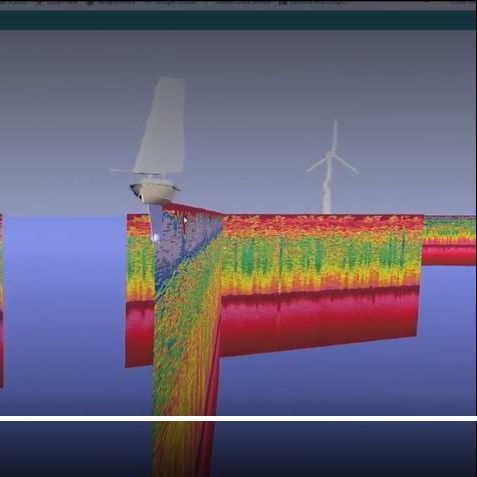25. oktober 2022 nyhet
Film describing Akvaplan-niva and its efforts in utilizing autonomous technologies in ocean research.
Akvaplan-niva is a private R&D institute that provides research and advisory services for all water related issues. Our main office is in Tromsø, northern Norway, which is located well above the Arctic circle. We have a young and vibrant international working environment with 130 employees from many different countries. We work for a wide range of private and public customers on issues related to sectors like aquaculture and the energy industry.
It is in the context of the green conversion of all kinds of businesses that also the research sector has needed to adapt. Akvaplan-niva has embraced this challenge and in the last years we have acquired many new technologies that have enabled our scientists to collect data remotely and CO2 neutral by using unmanned vehicles such as this one.
These vehicles are called gliders and they do not use fossil fuel. They utilize natural energy sources to propel themselves and to power batteries for sensors for data collection. We can pilot and monitor everything from here, which is our control room in our offices in Tromsø.
Some of our vessels are operating at the ocean surface and some can dive as deep as 1000 meters. They are rigged with multiple sensors that can collect data about the physical and the biological characteristics of the ecosystem.
The industry expressed a very strong interest in such technology in order to generate new approaches in environmental monitoring for a real-time decision-making process. Currently, we are collaborating with ConocoPhillips Scandinavia AS to collect environmental data near the offshore facilities in the Greater Ekofisk Area, in the North Sea.
These vehicles are both robust and performant have a long autonomy at sea. They have crossed long distances in both the North Sea and the Barents Sea to reach a sampling area from a remote deployment point.
For Equinor, we have been studying the potential effect of an offshore wind park on fish aggregations. Hywind Scotland, the first world wind farm with floating turbines, is located just outside of Peterhead in the UK. Here we used echosounder technology mounted on a Sailbuoy glider to look at plankton and fish densities in the water column all the way to the seafloor.
In order to manage the vast amount of data collected, we have developed a cloud based digital portal for data harvest, contextualization, visualization and processing.
These new technologies, coupled to a cloud-based visualization portal, will empower stakeholders to make real-time decisions and generate a blue economy with a net-zero carbon footprint.

